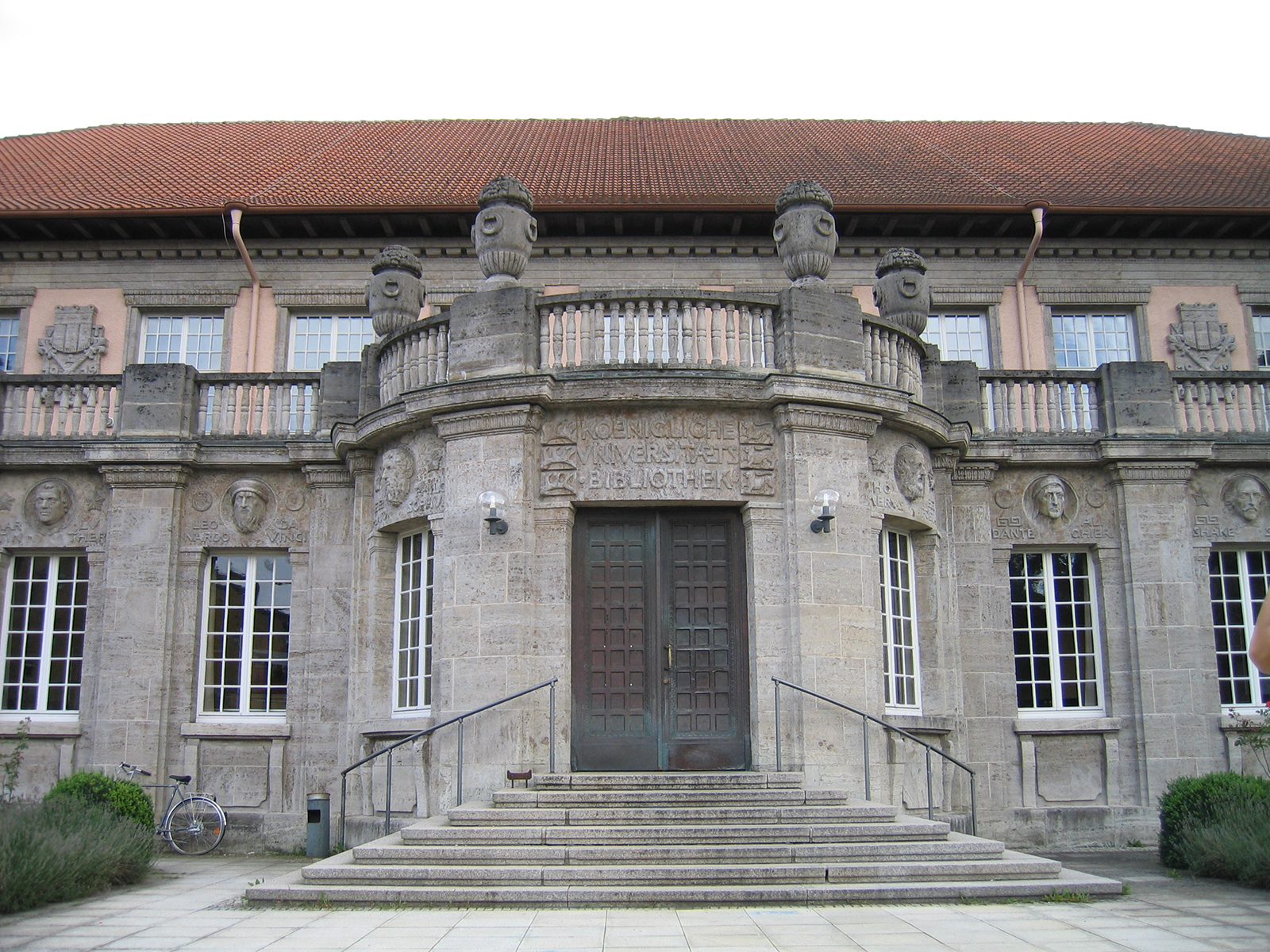University of Tübingen: The ideologization of the flood catastrophe
Tübingen research team examines Internet communication on the flood disaster: blame and utopian worldviews dominate – concerns about the culture of political discussion in Germany
The floods that hit large areas in North Rhine-Westphalia and Rhineland-Palatinate in July this year claimed the lives of 181 people, destroyed numerous buildings and caused massive damage to bridges, roads and railway tracks. The catastrophe immediately became the hot topic on the Internet, where heated debates about causes and consequences erupted.
Which positions were represented here, how were the events interpreted and what can be derived from this for the culture of discussion in this country? Olaf Kühne, Professor of Urban and Regional Development at the University of Tübingen, and his team examined this question by analyzing thousands of comments on a ZDF program about the flood disaster. Their result: there was hardly any factual discussion, instead the topic was highly morally charged. According to the research team, conflicts of values were resolved instead of factual issues. The study was published in the open access journal Sustainability .
Little faith in science
Many contributions to the debate were determined by blanket accusations and drastic scolding of politicians through to conspiracy theories according to which the flood disaster was brought about on purpose. “Behind the disputes, two opposing worldviews beyond the classic right-left scheme, both of which are utopian, are becoming apparent,” says Olaf Kühne.
On the one hand there is the utopia of a harmonious unity of people and nature, characterized by climate neutrality, regional economy, vegan nutrition and living communities of like-minded people. On the other hand, there is the equally utopian idea that one can keep the previous way of living and living unchanged and conserve today’s conditions.
In these debates, the research team found hardly any common criteria for distinguishing between true and false statements. According to Kühne, scientific findings are only welcome if they support one’s own worldview, otherwise they would be dismissed as mere opinions. “In view of future social conflicts, which are inevitable in the course of climate change and its consequences, these results give cause for concern.”
1000 comments analyzed
The study was based on internet discussions triggered by the 40-minute ZDF report “The flood and its consequences in western Germany” on YouTube. The program brought reports from the flooded regions, interviews with flood victims, helpers, experts and politicians. She concluded with the prognosis that due to the fragility of the climate system, severe weather events must also be expected in the future. The Tübingen research team analyzed 1000 viewer comments, which formed a representative sample of all comments published on this video.
Each comment was analyzed to determine the extent to which it could be classified as factual, hostile, and empathetic. There were five levels for each of these three categories: fully agree / mostly agree / partially agree / mostly disagree / not at all. A comment could also be “partially factual” and “partly empathetic”. Each of the 1,000 comments was rated in each of the three categories, resulting in a total of 3,000 ratings.
As a result, the team classified almost a third of all analyzed comments (324) as very, mostly or partially hostile. Only about half of all comments (485) fit into the levels fully, mostly or at least partially factual. Just under half (447) also showed a strong degree of empathy, mostly or partially, for example in the form of expressions of sympathy or offers of help.
In terms of content, many comments contained drastic blame, according to the team: to “the politicians” (“The real catastrophe is our political criminals…”), who were held responsible for the sealing of areas and river straightening, or to those affected themselves, who built in endangered areas (“If you build houses within a few meters of rivers, such terrible pictures come out”). The lack of severe weather warnings, allegedly empty promises of help (“state failure on a broad level”), the alleged instrumentalization of the topic for the election campaign and the orientation of politics towards climate change were criticized (“Maybe flood protection instead of climate protection?”).
Identity and value conflicts instead of factual issues
While some of the comments cited the floods as climate change endorsement (“Greta haters, climate change deniers, and anti-vaccination! YOU WANTED IT THAT WAY! These are the effects of a climate-sucking lifestyle!”), climate change deniers saw it as one of the “climate propaganda” exploited crisis (“mendacious climate agenda)”. Some debaters in this camp argued conspiracy theories and blamed targeted weather manipulations through “vaccinated clouds” or high-frequency radio waves for the flooding.
“We are seeing an irrational exchange of blows here, in which the factual and procedural conflicts that are actually at stake are reinterpreted as conflicts of identity and values, which in turn results in an irreconcilable viewpoint,” summarizes Kühne. “This is exemplary for many Internet debates that deal with the political consequences of climate and weather developments. This is a cause for concern for the future, as productive conflict resolution is almost impossible under such conditions.”

